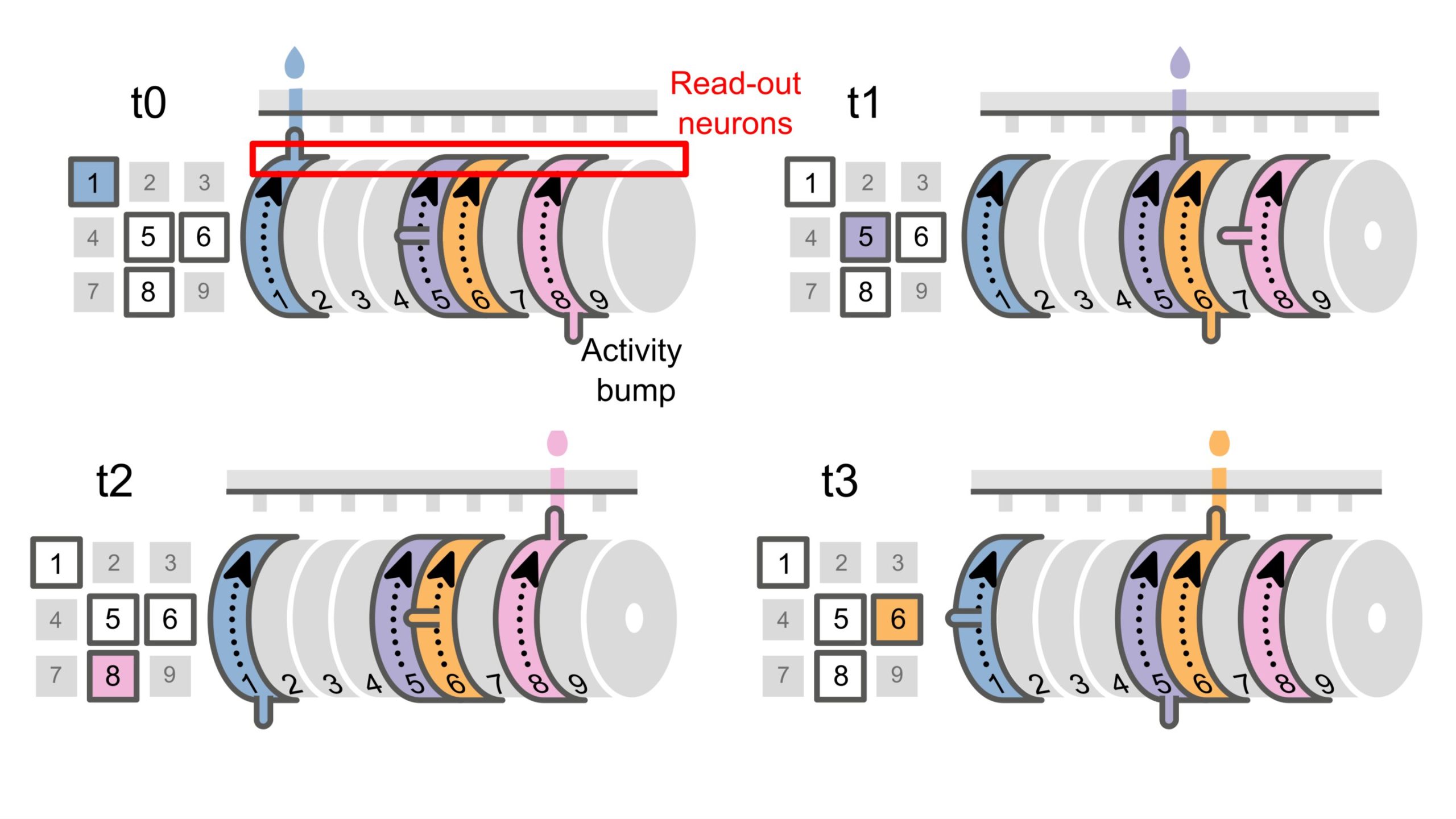Children who have persistently raised inflammation are at a higher risk of experiencing serious mental health disorders including psychosis and depression in early adulthood, according to a study published today in JAMA Psychiatry.
The research lead by the University of Birmingham also found that those who had experienced inflammation at a young age were at a higher risk of developing cardiometabolic diseases such as insulin resistance — an early form of diabetes.
The study used data collected by the Avon Longitudinal Study of Parents and Children (ALSPAC) — also known as Children of the 90s — and included a total of 6,556 participants of whom 50.4% were female. Inflammation was identified by increased levels of the general inflammatory marker C-reactive protein (CRP) recorded in participants at ages 9, 15 and 17 years.
Of the two groups identified with persistently raised inflammation throughout their developing years, the researchers discovered that it was the group whose CRP levels peaked earlier in childhood, around age 9, that were most associated with subsequent higher risks of depression and psychosis at age 24.
Lead author on the study, Edward Palmer of the University of Birmingham said: “There’s growing evidence of an association between inflammation and psychotic, depressive and cardiometabolic disorders, however little has been done to explore the different trajectories of inflammation during childhood and the association between those and both mental and physical health outcomes in early adulthood.”
“When we look longitudinally, there is really strong evidence that inflammation earlier on in childhood is a significant risk factor for developing schizophrenia, depression and insulin resistance in later life. Some of the rates of developing these disorders within the group with inflammation who peaked around age 9 were four to five times the chances for those without inflammation.” The results of the study have provided strong evidence needed to prompt further research that would seek to ascertain whether or not inflammation plays a causal role in such disorders or is merely an indicator.
Edward Palmer added: “We’re still a way off demonstrating whether raised inflammation plays a causal role in these disorders but it is clear that the inflammation pre-dates instances of mental illness and potentially related metabolic dysfunction, and as such further research needs to be done into the mechanisms driving it. This could ultimately lead to early life risk profiling, different kinds of early intervention and possible new treatment targets.”

